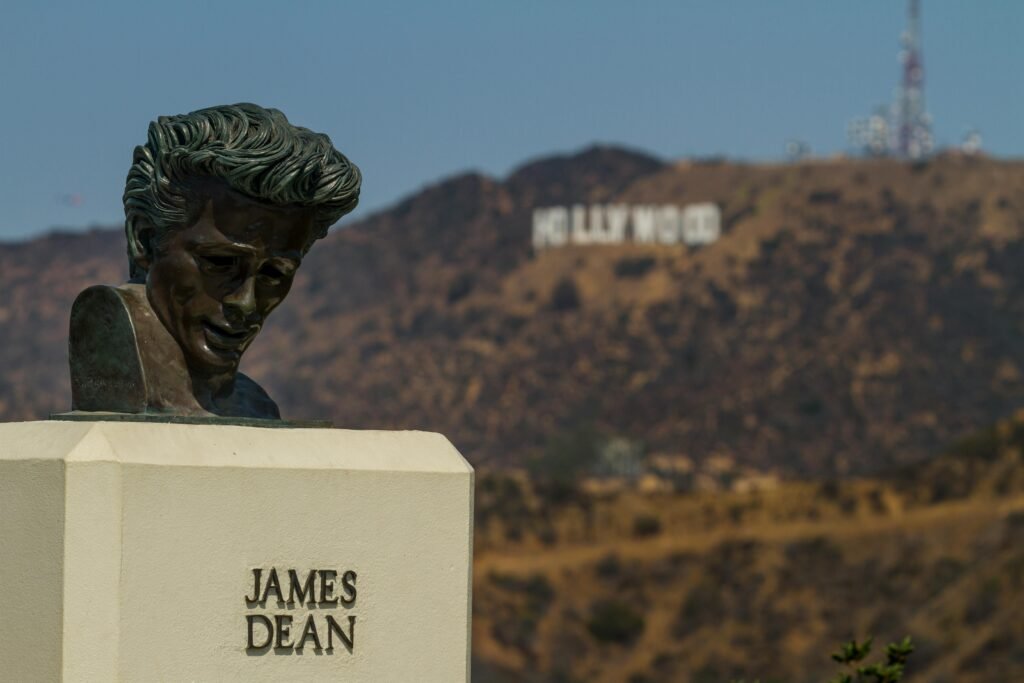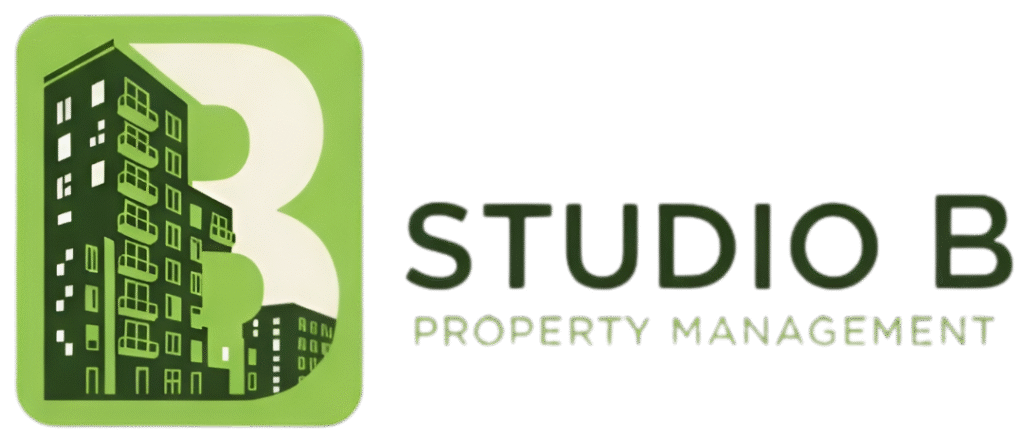Discover Studios, Services & More Across USA | StudioBDTLA
LA Film Permit Guide for Studios and Locations

Los Angeles is known as the entertainment capital of the world, attracting filmmakers, content creators, and production companies from across the globe. From Hollywood soundstages to gritty downtown backstreets and scenic coastal roads, LA offers endless backdrops for storytelling. However, shooting in Los Angeles—whether for a feature film, TV commercial, music video, or social media campaign—often requires obtaining a film permit. Navigating the permit process can be challenging, especially for out-of-town productions or first-time creators. This guide covers everything you need to know about securing LA film permits for both studios and on-location shoots, including costs, timelines, requirements, and best practices.
Table of Contents
Why Film Permits Matter in Los Angeles
Film permits are legal authorizations that allow you to conduct a shoot in a specific location under certain conditions. They exist to ensure public safety, coordinate use of public spaces, and protect property owners. Shooting without a permit can result in hefty fines, production shutdowns, and even damage to your reputation in the industry. In LA, permits are not just a formality—they’re a crucial step in planning any professional production.
Who Issues Film Permits in Los Angeles?
In Los Angeles, most film permits for public spaces are managed through FilmLA, the nonprofit organization contracted by the City and County of Los Angeles and other local jurisdictions. FilmLA coordinates between filmmakers, city departments, and the community to make sure productions run smoothly. Private studios and locations may have their own permitting requirements, separate from FilmLA, which usually involve location rental agreements and proof of insurance.
Do You Always Need a Permit?
Whether you need a permit depends on the type and scope of your shoot:
- Public Locations: Parks, streets, sidewalks, beaches, and government buildings almost always require permits.
- Private Property: If shooting indoors or on private land with the owner’s permission, you may not need a city permit—but insurance and location agreements are still essential.
- Small Crews: Some small-scale filming (e.g., a single camera and tripod with no equipment blocking pedestrian paths) may qualify for permit exemptions. However, rules vary, so it’s best to confirm with FilmLA or the property manager.
Steps to Get a Film Permit in Los Angeles
1. Determine Your Locations
Before applying, decide whether you’ll be shooting in a studio, a public location, or both. Each may have different permit requirements and timelines.
2. Contact FilmLA or the Location Manager
For public spaces, reach out to FilmLA to discuss your shoot. For studios or private properties, talk directly to the venue manager to learn about their process.
3. Prepare Required Documents
Common requirements include:
- Proof of insurance (usually general liability coverage of $1 million or more)
- A production schedule with dates and times
- A description of scenes, equipment, and crew size
- Special request details (e.g., drones, special effects, stunts)
4. Apply for the Permit
FilmLA’s application process can be completed online. Provide all required details, pay the processing fee, and allow time for review. For studio shoots, you’ll sign location agreements and submit your insurance documents directly to the property.
5. Await Approval
Public permits often require review by multiple agencies (police, fire, transportation). This can take 2–5 business days or more for complex shoots.
6. Follow On-Site Requirements
Once approved, keep a printed or digital copy of your permit on location. Follow all guidelines, including noise restrictions, safety rules, and neighborhood notifications.
Film Permit Costs in Los Angeles
The cost of a permit depends on several factors:
- FilmLA Application Fee: Generally starts around $70–$100 per permit request
- Daily Location Fees: Varies by property; public parks and streets may have additional charges
- City Services: Costs for police officers, fire marshals, street closures, or parking control officers
- Special Effects Fees: If using pyrotechnics, rain machines, or other high-risk elements
For a small independent production, total permit-related costs might range from $150–$500. For larger commercial shoots, costs can easily exceed several thousand dollars.
Permits for Studio Productions
When filming in an established LA studio—whether it’s a soundstage, green screen facility, or cyclorama—permits are usually handled differently than for public locations. Many studios have built-in compliance with city regulations, so you may only need to sign their rental agreement and provide insurance. However, if your production spills into public space (e.g., shooting in the street outside the studio), you’ll need a FilmLA permit.
Popular LA Studios with Streamlined Permits
- Paramount Studios – Fully equipped stages with on-lot filming approval processes
- Quixote Studios – Known for fast permitting coordination for commercial shoots
- Cinespace Studios – Offers in-house legal and location management services
Permits for Special Filming Situations
Drone Filming
In addition to an LA film permit, drone use requires FAA approval and adherence to local flight restrictions. You may also need a certified drone operator with Part 107 licensing.
Night Shoots
Late-night filming may require additional community notifications and noise regulation compliance.
Stunts & Special Effects
Explosions, simulated gunfire, and hazardous scenes require coordination with the LA Fire Department and may involve on-site safety personnel.
How Long Does the Permit Process Take?
While some permits can be issued in as little as two business days, more complex shoots can take a week or longer for approval. To avoid delays:
- Apply at least 7–10 business days in advance for public locations
- Have your insurance documents ready before applying
- Be responsive to any follow-up questions from FilmLA or the property manager
Common Mistakes to Avoid
- Assuming private property means no permits: Some private venues are under city jurisdiction for exterior filming.
- Underestimating processing time: Always allow a buffer for approvals.
- Failing to notify the community: Many neighborhoods require written notice to residents before filming.
- Skipping insurance: Nearly every location, public or private, requires it.
Tips for a Smooth Permit Process
- Scout locations early and confirm their jurisdiction
- Hire a location manager familiar with LA permitting
- Bundle multiple locations into one permit request when possible to save on fees
- Keep your production footprint minimal to speed up approvals
The Bottom Line
Getting a film permit in Los Angeles may seem complicated, but with proper planning and an understanding of the process, it becomes a manageable step in your production workflow. Whether you’re filming in a world-class studio or capturing authentic street scenes, the right permits ensure your shoot is legal, safe, and disruption-free.
By starting early, preparing your documents, and working with experienced location managers, you can secure the approvals you need while keeping your project on schedule.
